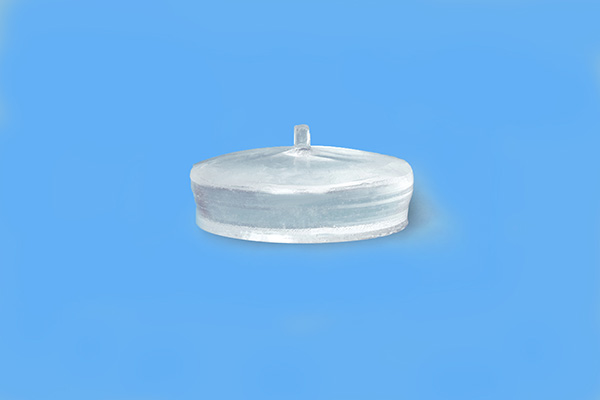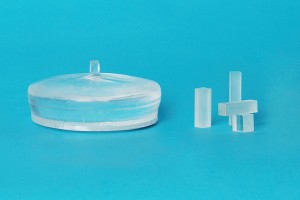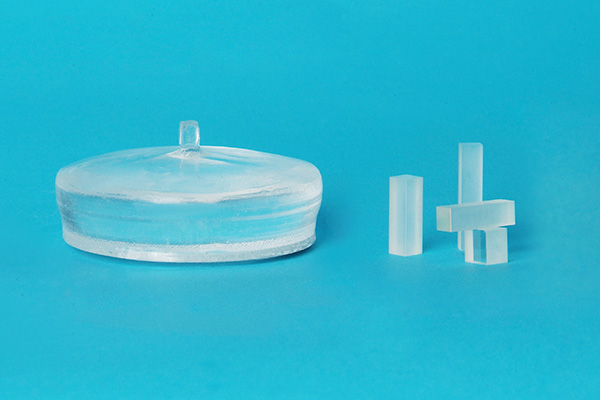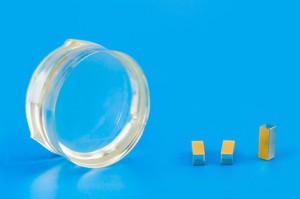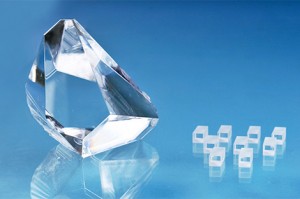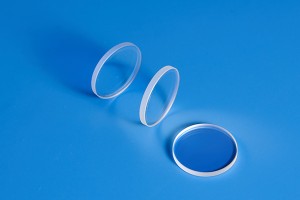Find your BBO crystal in China
With a positive and progressive attitude to customer’s interest, our company continuously improves our product quality to meet the needs of customers and further focuses on safety, reliability, environmental requirements, and innovation of Find your BBO crystal in China, Are you still seeking for a high quality product that is in accordance together with your good corporation image while expanding your product or service range? Try out our high-quality solutions. Your choice will prove for being intelligent!
With a positive and progressive attitude to customer’s interest, our company continuously improves our product quality to meet the needs of customers and further focuses on safety, reliability, environmental requirements, and innovation of BBO Crystals, cheap, China Crystal, high quality, To keep the leading position in our industry, we never stop challenging the limitation in all aspects to create the ideal solutions. In his way, We can enrich our life style and promote a better living environment for the global community.
BBO (ẞ-BaB2O4) is an excellent nonlinear crystal with combination of a number of unique features: wide transparency region, broad phase-matching range, large nonlinear coefficient, high damage threshold, and excellent optical homogeneity. Therefore, BBO provides an attractive solution for various nonlinear optical applications such as OPA, OPCPA, OPO etc.
BBO also has advantages of large thermal acceptance bandwidth, high damage threshold and small absorption, thus is very suitable for frequency conversion of high peak or average power laser radiation, e.g. harmonic generation of Nd:YAG, Ti:Sapphire and Alexandrite laser radiation. BBO is the best NLO crystal for the fifth harmonic generation of Nd:YAG laser at 213 nm. Good laser beam quality (small divergence, good mode condition, etc.) is the key for BBO to obtain high conversion efficiency.
In addition, large spectral transmission range as well as phase matching, especially in UV range, makes BBO perfectly suitable for frequency doubling of the Dye, Argon ion and Copper vapour laser radiation. Both Type 1 (oo-e) and Type 2 (eo-e) phase-matching angles can be obtained, increasing the number of advantages for different applications of BBO.
Contact us for the best solution for your application of BBO crystals.
WISOPTIC Capabilities -BBO
• Aperture: 1×1 ~ 15×15 mm
• Length: 0.02 ~ 25 mm
• End configuration: flat, or Brewster, or specified
• Top processing (polishing, coating) quality
• Mounting: upon request
• Very competitive price
WISOPTIC Standard Specifications* - BBO
| Dimension Tolerance | ± 0.1 mm |
| Angle Tolerance | < ± 0.25° |
| Flatness | < λ/8 @ 632.8 nm |
| Surface Quality | < 10/5 [S/D] |
| Parallelism | < 20” |
| Perpendicularity | ≤ 5′ |
| Chamfer | ≤ 0.2 mm @ 45° |
| Transmitted Wavefront Distortion | < λ/8 @ 632.8 nm |
| Clear Aperture | > 90% central area |
| Coating | AR @ 1064nm(R<0.2%); PR |
| Laser Damage Threshold | > 1 GW/cm2 for 1064nm, 10ns, 10Hz (polished only) > 0.5 GW/cm2 for 1064nm, 10ns, 10Hz (AR-coated) > 0.3 GW/cm2 for 532nm, 10ns, 10Hz (AR-coated) |
| * Products with special requirement upon request. | |
Main Features - BBO
• Broad transparency range (189-3500 nm)
• Broad phase matching range (410-3500 nm)
• High optical homogeneity(δn≈10-6/cm)
• Relatively large effective SHG coefficient (about 6 times that of KDP)
• High damage threshold (compared with KTP and KDP)
Comparison of bulk damage threshold [1064nm, 1.3ns]
|
Crystals |
Energy fluence (J/cm²) |
Power density (GW/cm²) |
|
KTP |
6.0 |
4.6 |
|
KDP |
10.9 |
8.4 |
|
BBO |
12.9 |
9.9 |
|
LBO |
24.6 |
18.9 |
Primary Applications – BBO
• 2~5 HG (Harmonic generation) of Nd-doped YAG and YLF laser.
• 2~4 HG of Ti:Sapphire and Alexandrite laser.
• Frequency doublers, triplers, and wave mixers of Dye laser.
• Frequency doublers of Argon ion, Ruby, and Copper vapour laser.
• Widely tunable OPO, OPA, OPCPA of both Type I and Type II phase matching.
Physical Properties – BBO
| Chemical formula | ẞ-BaB2O4 |
| Crystal structure | Trigonal |
| Point group | 3m |
| Space group | R3c |
| Lattice constants | a=b=12.532 Å, c=12.717 Å |
| Density | 3.84 g/cm3 |
| Melting point | 1096 °C |
| Mohs hardness | 4 |
| Thermal conductivity | 1.2 W/(m·K) (┴c); 1.6 W/(m·K) (//c) |
| Thermal expansion coefficients | 4×10-6/K (┴c); 36×10-6/K (//c) |
| Hygroscopicity | some hygroscopic |
Optical Properties – BBO
| Transparency region (at “0” transmittance level) |
189-3500 nm | |||
| Refractive indices | 1064 nm | 532 nm | 266 nm | |
| ne=1.5425 no=1.6551 |
ne=1.5555 no=1.6749 |
ne=1.6146 no=1.7571 |
||
|
Linear absorption coefficients |
532 nm |
1064 nm |
||
| α = 0.01 /cm | α < 0.001 /cm | |||
|
NLO coefficients |
532 nm | 1064 nm | ||
| d22 = 2.6 pm/V | d22 = 2.2 pm/V | |||
|
Electro-optic coefficients |
low frequency | high frequency | ||
| 2.2 pm/V | 2.1 pm/V | |||
| Thermal-optic coefficients | dno/dT=-16.6×10-6/℃, dne/dT=-9.3×10-6/℃ | |||
| Half-wave voltage | 7 kV (at 1064 nm, 3x3x20 mm3) | |||

